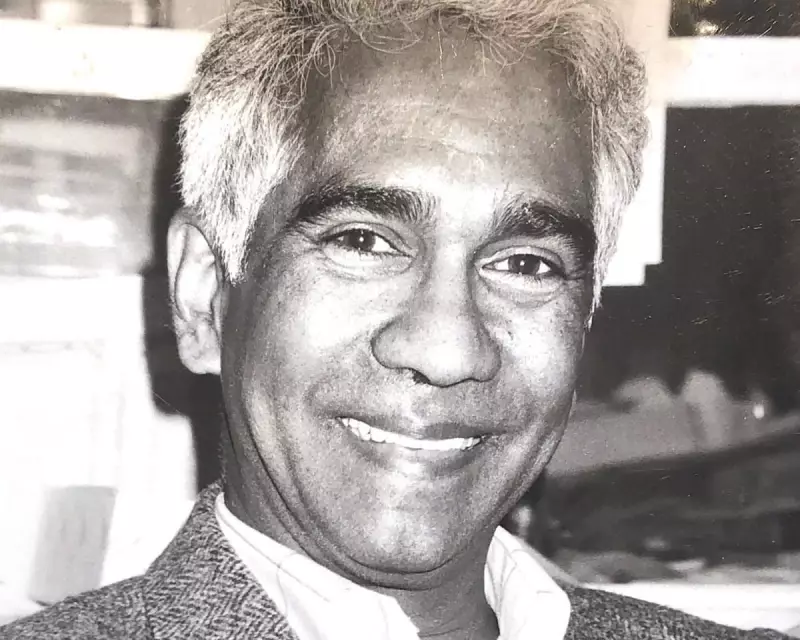
The East London community of Tower Hamlets is mourning the loss of Abu Zafar, a pioneering Bangladeshi-British community leader and activist who passed away on 16 November 2025 at the age of 76. For over five decades, Zafar dedicated his life to fighting for social justice, supporting immigrants, and building bridges between communities in one of London's most diverse boroughs.
From Sylhet to Spitalfields: The Early Years
Born in 1949 in the Sylhet region of what was then East Pakistan, Abu Zafar arrived in Britain during the late 1960s, settling in the very heart of the emerging Bangladeshi community in Spitalfields. Like many immigrants of his generation, he faced significant challenges including racial discrimination, language barriers, and precarious employment in the garment industry that dominated the local economy at that time.
These early experiences of injustice ignited his passion for community organising. Zafar quickly became a prominent figure in the fight against racism, particularly during the turbulent 1970s when the National Front and other far-right groups targeted Bangladeshi residents in the East End. His calm yet determined approach to activism earned him respect across political divides and community lines.
Building Community Institutions
Abu Zafar's legacy is perhaps most visible in the numerous community organisations he helped establish and nurture. He was instrumental in the development of the Bangladesh Welfare Association, one of the first formal support networks for new immigrants struggling to navigate British systems. His work extended beyond the Bangladeshi community, collaborating with other minority groups to address shared challenges.
Throughout the 1980s and 1990s, Zafar played a crucial role in advocating for better housing, educational opportunities, and healthcare access for Tower Hamlets residents. He understood that true community empowerment required addressing practical needs while simultaneously challenging systemic inequalities. His approach combined grassroots organising with strategic engagement with local authorities.
A Lasting Legacy of Bridge-Building
In his later years, Abu Zafar remained actively involved in interfaith dialogue and initiatives promoting social cohesion. He frequently served as a mediator during community tensions, drawing on his deep understanding of both traditional Bangladeshi culture and contemporary British society. His ability to connect with younger generations while maintaining the respect of elders made him a unique and valuable community asset.
Zafar is survived by his wife, three children, and seven grandchildren, many of whom have followed in his footsteps through various forms of community service and public work. His passing has prompted an outpouring of tributes from across the political spectrum, with local councillors, community organisers, and ordinary residents all acknowledging his profound impact on the character and resilience of East London.
As Tower Hamlets continues to evolve, the foundations laid by community builders like Abu Zafar remain essential to its identity. His life demonstrates how individual dedication can transform communities and create lasting change, even in the face of significant adversity. The institutions he helped build and the countless lives he touched stand as testament to a remarkable life of service.





